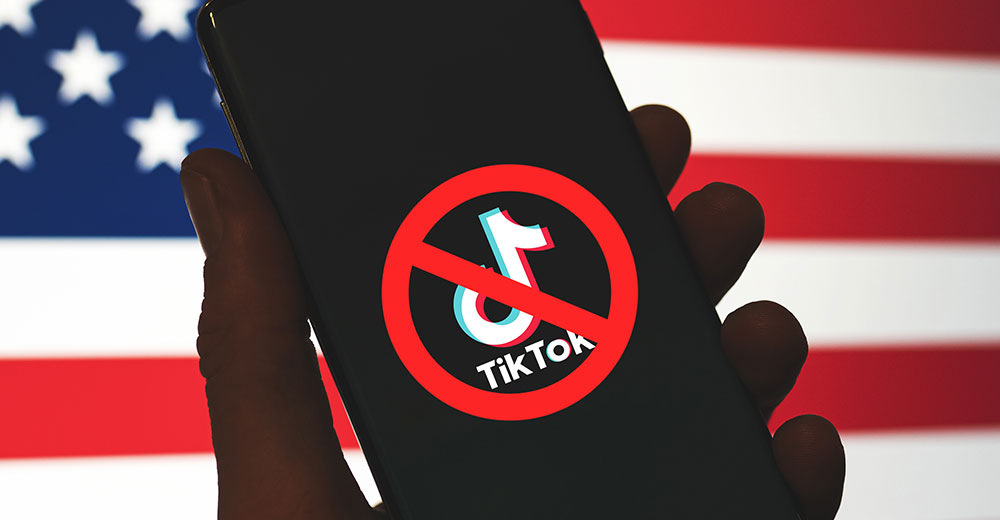DeepSeek: The Chinese AI App That’s Causing a Stir in the US
The Chinese AI app DeepSeek has made a significant impact in the artificial intelligence world, much like OpenAI’s ChatGPT. However, the attention surrounding this AI model could pose a threat to its success in the United States, as other technology companies based in countries considered "adversary states" have discovered.
National Security Concerns
Although DeepSeek is still in its early stages, questions have been raised about its potential threat to national security. This is similar to the concerns surrounding other companies like Kaspersky and Huawei, which have faced U.S. sales restrictions due to their ties to countries considered hostile by the U.S. government. The popular social media app TikTok has also faced similar scrutiny.
Export Controls and National Security
Rep. John Moolenaar, R-Mich., chairman of the Select Committee on China, has expressed concerns about the potential risks posed by DeepSeek to U.S. national security. Moolenaar has called for stronger export controls on technologies critical to DeepSeek’s AI infrastructure, stating that the U.S. cannot allow Chinese Communist Party models like DeepSeek to risk its national security and leverage its technology to advance their AI ambitions.
DeepSeek’s Rise to Prominence
DeepSeek has gained significant attention over the weekend, becoming the top download at Apple’s App Store in the United States and surpassing ChatGPT. The app has also received praise for its speed, efficiency, and reasoning skills. However, its use of less powerful chips than its U.S. competitors has raised concerns about its potential exposure to China.
Data Protection and National Security
The concerns surrounding DeepSeek are not just about the technology itself, but also about the potential exposure of business data to adversarial hands. This is a similar concern to that of TikTok, which has faced scrutiny over its data storage practices. Rep. Moolenaar has emphasized the need for robust safeguards to protect company data and prevent it from falling into the wrong hands.
Protectionist Camouflage
National security concerns could be used to camouflage protectionist policies, similar to how Apple was protected from Huawei and social media outfits are being protected from TikTok. However, the stakes may be even higher when considering the potential exposure of business data to adversarial hands.
Uncertainty and Speculation
Greg Sterling, co-founder of Near Media, a market research firm in San Francisco, has expressed uncertainty about the potential ban on DeepSeek. Sterling notes that the storage of U.S. data on Chinese servers with full access by the Chinese government makes DeepSeek a security risk similar to TikTok. He suggests that the U.S. government must decide on a general policy for handling Chinese apps and potentially ban those that pose the most significant risks.
A Similar Approach to the EU
The EU has taken a similar approach to protecting its citizens’ data by not allowing it to be stored on U.S. servers. Sterling suggests that the U.S. could take a similar position with Chinese apps and completely ban those that pose the most significant risks. This approach would ensure that U.S. data is protected from potential adversaries and prevent the exploitation of its technology.
Source Link





